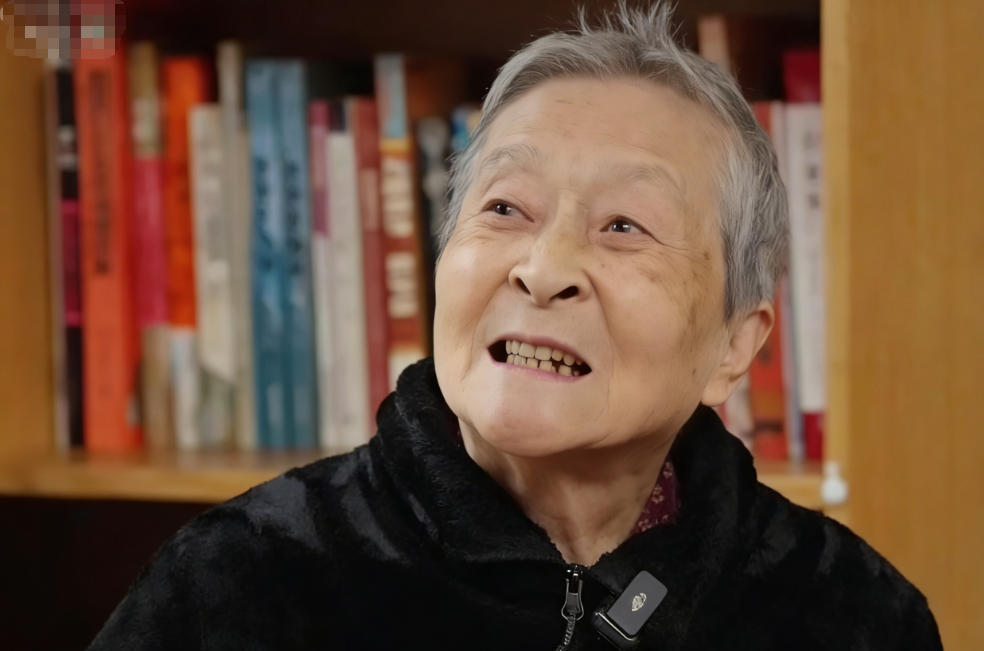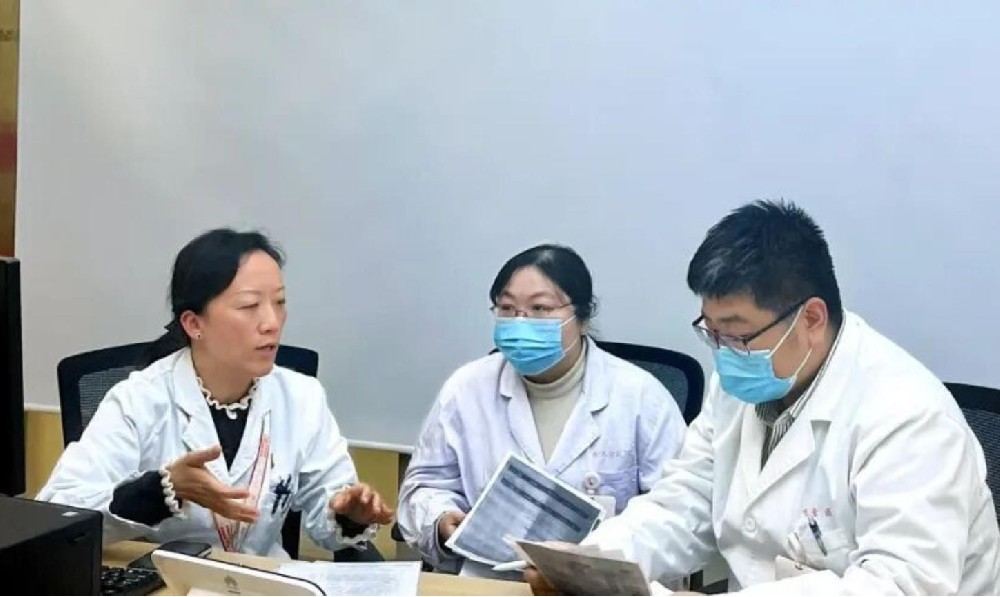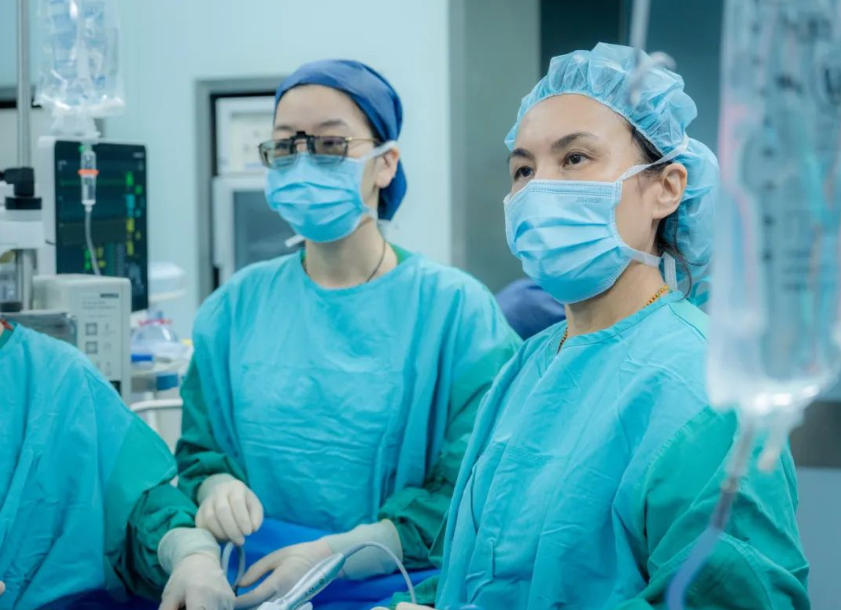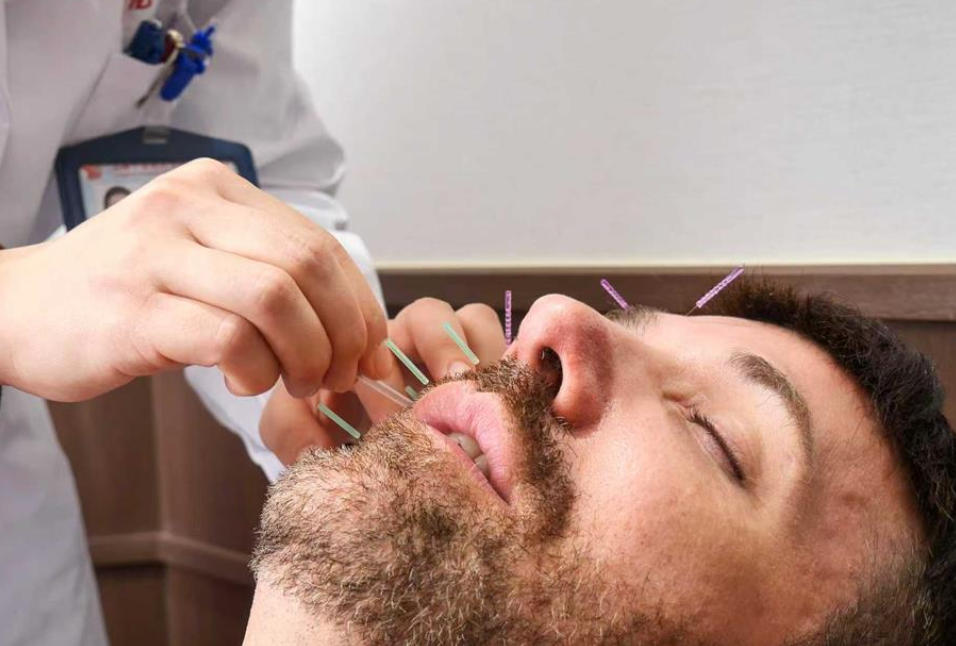Update time:2025-10-17Visits:2559
SHANGHAI, China – October 17, 2025 – For a 6-year-old Singaporean boy suffering from a rare form of dwarfism, a groundbreaking treatment was unavailable in his home country. His journey to Shanghai for the drug underscores a growing trend of cross-border medical care and a novel policy solution designed to bridge the critical gap in global drug availability.
The boy, known as Xiao Yu, has achondroplasia (ACH), a genetic disorder that affects bone growth and leads to disproportionate short stature. The world’s first targeted therapy for ACH, a drug called Vosoritide, was approved in the U.S. and Europe in 2021 but remains unavailable in Singapore.
Faced with the prospect of their son missing a crucial window for treatment, Xiao Yu’s parents learned through an international patient network that Xinhua Hospital, affiliated with Shanghai Jiao Tong University School of Medicine, had successfully administered the drug before. They traveled to Shanghai, seeking help.

A Policy Innovation Creates a Lifeline
Xinhua Hospital was able to help Xiao Yu through China’s “Temporary Import Work Plan for Clinically Needed Drugs,” a policy introduced in 2022. The regulation allows top-tier hospitals to apply for special permission to import unapproved drugs for individual patients with serious conditions, provided no alternative treatments exist domestically.
“The policy was crucial,” Xiao Yu’s parents said. “Waiting for approval in Singapore could have meant missing the optimal period for his growth.”
The hospital, under the guidance of Shanghai’s municipal drug regulator, navigated a multi-departmental application process. From the initial request to the drug’s administration, the entire process for Xiao Yu took just over two months—a remarkably swift timeline for accessing a medication not yet officially on the market.
The results have been immediate and promising. “After three months of treatment, his height has increased by 1.5 centimeters, and doctors say the risk of future complications will be significantly reduced,” his parents added.

Shanghai Emerges as a Hub for Rare Disease Expertise
Xinhua Hospital’s success with Xiao Yu is not an isolated case. Its extensive expertise in rare diseases has established it as a key destination for patients from across Southeast Asia and a leader in China’s rare disease care system.
The hospital has developed a comprehensive “one-stop” multidisciplinary team (MDT) for ACH, integrating specialists from pediatrics, orthopedics, respiratory medicine, and neurosurgery. This integrated approach allows for simultaneous treatment of the primary condition and management of its complex complications, such as spinal curvature and sleep apnea.
“We don’t just treat the disease; we manage the patient’s entire health profile,” explained a hospital representative. “For Xiao Yu, we created a follow-up plan for his mild scoliosis alongside the drug therapy.”
With China’s largest and longest-studied cohort of ACH patients, exceeding 600 individuals, the hospital has built a robust database that informs personalized treatment plans. This data-driven approach ensures care is tailored to each patient, avoiding a one-size-fits-all model.
Xinhua Hospital is also at the forefront of shaping clinical standards. It led the development of China’s national expert consensus on ACH diagnosis and treatment and is an active member of the international collaboration network for the disease.
As a leader in clinical research, the hospital’s rare disease center is conducting multiple studies on ACH therapies, providing crucial evidence for their application in the Chinese population. This integrated model of diagnosis, research, and treatment is setting a new standard for rare disease care in the region, offering hope not only to local patients but to those like Xiao Yu, who cross borders in search of a cure.
Editor: Chen Qing @ ShanghaiDoctor.cn
If you'd like to contact us, please write email to chenqing@ShanghaiDoctor.cn.
A Shanghai Doctor Uses Ultrasound to “Wake Up” Mother's Alzheimer's
Shanghai Medical Trio Stages High-Altitude Rescue on Flight from Xinjiang
Shanghai Children’s Hospital Uses Remote MDT to Diagnose Rare CIPA
Young Girl With Congenital Biliary Atresia Treated in Shanghai
Shanghai Ninth Hospital Saved a Man with Advanced Tongue Cancer
International Medicine at Shanghai Children's Medical Center in 2025
A US Professor Cured at Longhua Hospital after 7 Failed Surgeries

A Shanghai Doctor Uses Ultrasound to “Wake Up” Mother's Alzheimer's

Shanghai Medical Trio Stages High-Altitude Rescue on Flight from Xinjiang

Shanghai Children’s Hospital Uses Remote MDT to Diagnose Rare CIPA

A Seven-Year Lifeline: The Warm Sun of Ovarian Cancer Care

Cosmetic Acupuncture | TCM’s Aesthetic Evolution

Young Girl With Congenital Biliary Atresia Treated in Shanghai

Shanghai Ninth Hospital Saved a Man with Advanced Tongue Cancer

Foreign Tourists Experience TCM in Shanghai

International Medicine at Shanghai Children's Medical Center in 2025

A US Professor Cured at Longhua Hospital after 7 Failed Surgeries